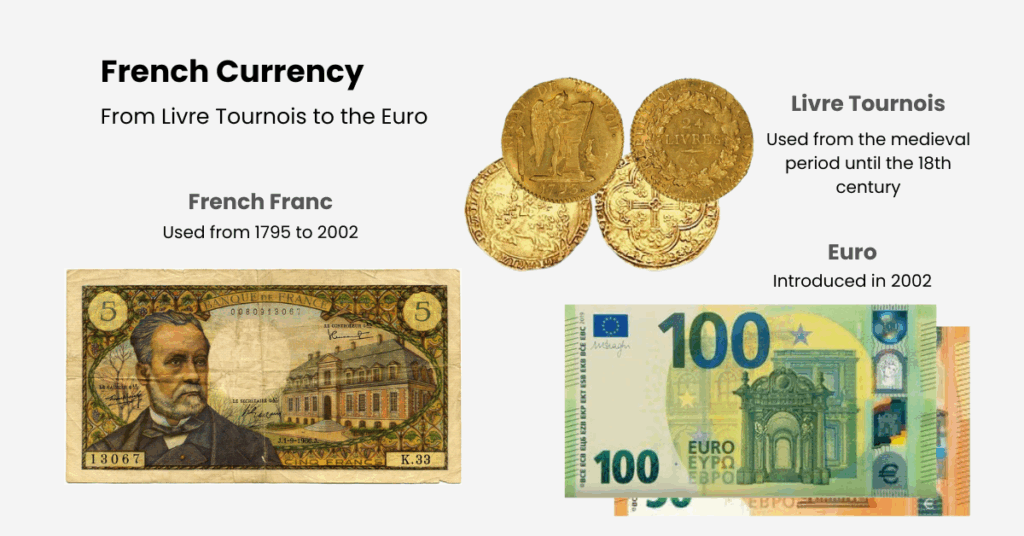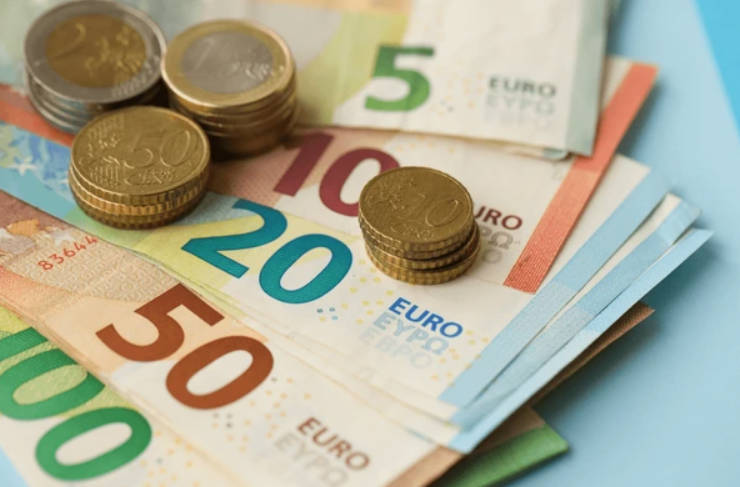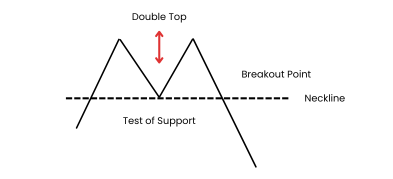Important Information
This website is managed by Ultima Markets’ international entities, and it’s important to emphasise that they are not subject to regulation by the FCA in the UK. Therefore, you must understand that you will not have the FCA’s protection when investing through this website – for example:
- You will not be guaranteed Negative Balance Protection
- You will not be protected by FCA’s leverage restrictions
- You will not have the right to settle disputes via the Financial Ombudsman Service (FOS)
- You will not be protected by Financial Services Compensation Scheme (FSCS)
- Any monies deposited will not be afforded the protection required under the FCA Client Assets Sourcebook. The level of protection for your funds will be determined by the regulations of the relevant local regulator.
Note: Ultima Markets is currently developing a dedicated website for UK clients and expects to onboard UK clients under FCA regulations in 2026.
If you would like to proceed and visit this website, you acknowledge and confirm the following:
- 1.The website is owned by Ultima Markets’ international entities and not by Ultima Markets UK Ltd, which is regulated by the FCA.
- 2.Ultima Markets Limited, or any of the Ultima Markets international entities, are neither based in the UK nor licensed by the FCA.
- 3.You are accessing the website at your own initiative and have not been solicited by Ultima Markets Limited in any way.
- 4.Investing through this website does not grant you the protections provided by the FCA.
- 5.Should you choose to invest through this website or with any of the international Ultima Markets entities, you will be subject to the rules and regulations of the relevant international regulatory authorities, not the FCA.
Ultima Markets wants to make it clear that we are duly licensed and authorised to offer the services and financial derivative products listed on our website. Individuals accessing this website and registering a trading account do so entirely of their own volition and without prior solicitation.
By confirming your decision to proceed with entering the website, you hereby affirm that this decision was solely initiated by you, and no solicitation has been made by any Ultima Markets entity.
I confirm my intention to proceed and enter this websiteExploring What Currency Does France Use
Bonjour! If you’re trading or investing in France, one of the first things you’ll need to know is what currency does France use. France, as part of the Eurozone, has adopted the euro (€) as its official currency. For traders, understanding this currency’s role can provide valuable insights into the forex market and help shape their trading strategies.

France’s Currency: The Euro (EUR)
France uses the euro (€), a currency shared by many countries in the Eurozone. The euro was introduced on January 1, 2002, replacing the French franc (FRF). Since its introduction, the euro has become one of the most widely traded currencies in the world, influencing global financial markets and forex trading.
A Brief History of the French Currency
Historically, France’s currency system has evolved through several key phases. It started with the French livre, which was used in medieval times, followed by the livre tournois and French franc. The French franc became the national currency after the French Revolution and was used for over two centuries. The franc had a significant role in the French economy and influenced global trade until it was replaced by the euro.
When the euro was introduced, old French francs could be exchanged for euros at a fixed rate, effectively bringing an end to centuries of French coinage history. For traders, this transition simplified the process of trading with other European nations and removed the complexities of currency fluctuations between the French franc and other currencies.

How the Euro Affects Traders
1. Understanding Euro Currency Pairs
For forex traders, knowing what currency does France use is crucial, as the euro plays a significant role in various currency pairs. The euro is paired with other major currencies like the US dollar (EUR/USD), British pound (EUR/GBP), and Japanese yen (EUR/JPY). These currency pairs are highly liquid, making the euro an attractive option for traders.
When trading in these pairs, changes in France’s economic conditions, political events, or market sentiment towards the Eurozone can cause volatility in the euro. Keeping track of France’s economic data and understanding its impact on the euro can help traders predict price movements and make informed decisions.
2. Market Volatility and Risk for Forex Traders
For traders in the forex market, fluctuations in the euro can create both opportunities and risks. Economic events in France, such as GDP reports, unemployment rates, or inflation figures, can have a direct impact on the euro’s strength. A strong euro generally indicates positive economic conditions in France and other Eurozone countries, while a weak euro can suggest economic challenges.
Traders need to stay updated on France’s economic news, as this can affect the euro’s movement against other currencies. For example, a positive report from France could cause the euro to rise, while negative news could weaken it, leading to possible trading opportunities.
3. Simplifying Cross-Border Transactions
For those conducting business or trading in France, using the euro simplifies transactions within the Eurozone. The euro eliminates the need for currency conversion when engaging with French companies, reducing the costs and risks associated with exchange rate fluctuations.
However, traders operating outside the Eurozone must keep an eye on how the euro interacts with other currencies. Understanding the exchange rates between the euro and currencies like the US dollar or British pound is key for managing trading positions and minimising risk.
4. Economic Indicators and Their Influence on the Euro
France’s economic health plays a major role in shaping the euro’s performance. Key economic indicators such as inflation, unemployment, and GDP growth can influence the euro. Positive data tends to strengthen the euro, making it more attractive to traders, while weaker data can have the opposite effect.
For forex traders, understanding these economic indicators and their impact on the euro is crucial. By monitoring France’s economic performance, traders can better anticipate market trends and capitalise on potential price movements.
What Currency Does France Use and Why It Matters for Traders

So, what currency does France use? The answer is the euro (€). For traders, this currency is not just a medium of exchange but a key factor in the forex market. Understanding the euro’s movements, economic influences in France, and how it relates to other currencies is essential for successful trading. By staying informed on France’s economic developments, traders can make smarter decisions and seize opportunities in the global markets.
Whether you’re a seasoned trader or just getting started, knowing what currency France uses and its implications can enhance your trading strategy and help you navigate the complexities of international forex markets.
Disclaimer: This content is provided for informational purposes only and does not constitute, and should not be construed as, financial, investment, or other professional advice. No statement or opinion contained here in should be considered a recommendation by Ultima Markets or the author regarding any specific investment product, strategy, or transaction. Readers are advised not to rely solely on this material when making investment decisions and should seek independent advice where appropriate.












